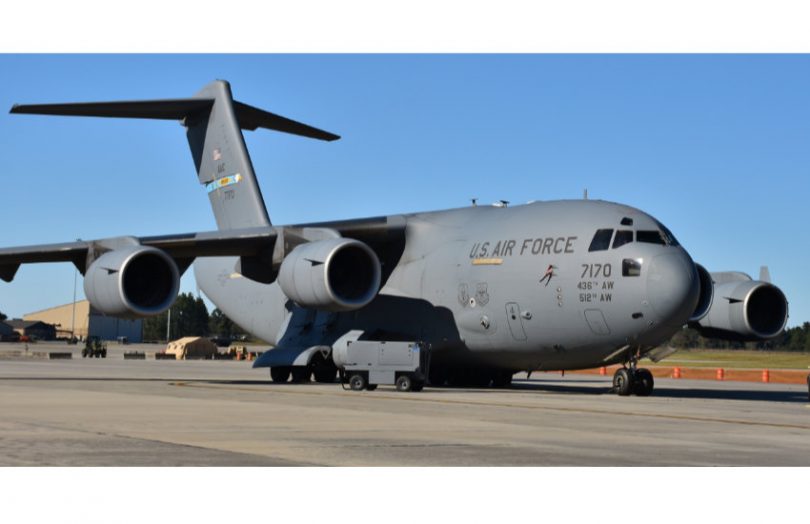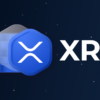Today blockchain startup SIMBA Chain announced its seventh Small Business Innovation Research (SBIR) contract with the US Air Force (USAF). The latest one involves tokenizing the USAF supply chain budget so it can track the movement of funds between departments and suppliers as well as keeping tabs on key potential supply risks.
Notably, the Digital Blockchain Budgeting Accountability and Tracking (DiBaT) tokenizes the budget rather than the payments. Typically in accounting, the budgeted plans are compared to the actual expenditure. On the USAF supply chain scale, that’s a massive time consuming job. Embedding blockchain into the spending process should significantly speed up the task.
“DOD’s budgeting process can create mismatched incentives for military departments and their field commands, leading to less efficient execution of strategic goals,” said Jeff Curtis, Director of Defense and Supply Chain at SIMBA Chain. “DiBaT will bring greater transparency to actual expenditure of resources, identifying execution vs intent mismatches. Even better, it will not alter any current budget flexibility.”
One of many blockchain defense contracts
We reported on SIMBA Chain’s first US Air Force contract in 2019, but it’s also worked with other Department of Defense (DOD) divisions, including a $9.5 million contract with the Navy in 2020.
These past contracts are critical to the current one, which otherwise would be a massive undertaking. On the one hand, the new DiBaT solution keeps tabs on where the money is used, tracking costs in real-time. But it also enhances supply chain visibility. It can be used to determine whether parts are being made in China, or an area where work conditions are exploitive. And it can identify high risk supplies.
Some of the previous contracts involved using blockchain for parts traceability. That means a significant amount of integration between SIMBAchain and other systems exists, which is a huge part of the work in a project such as this.
SIMBA Chain funding
Last year SIMBA Chain raised a $25 million Series A funding round. Apart from its numerous defense contracts, the startup is known for its SIMBA Blocks platform, which provides API-enabled middleware, enabling developers to interact with a variety of underlying blockchains, including both permissioned and permissionless options.
Before the company was incorporated, the project was funded through a DARPA grant to the computing department of the University of Notre Dame and Indiana Technology and Manufacturing Companies (ITAMCO).
















































